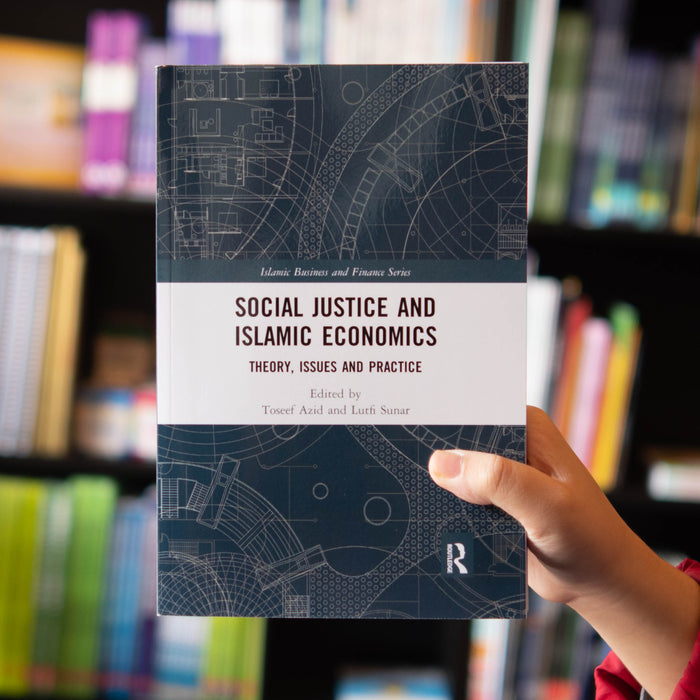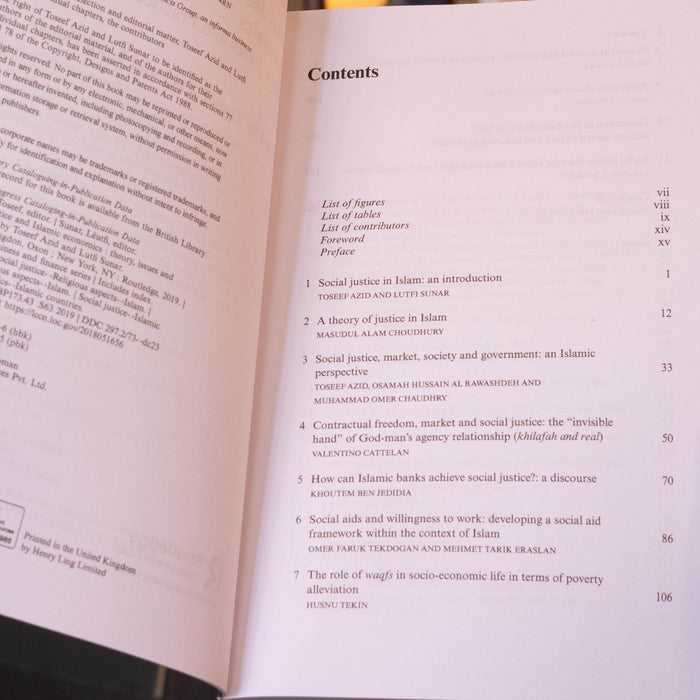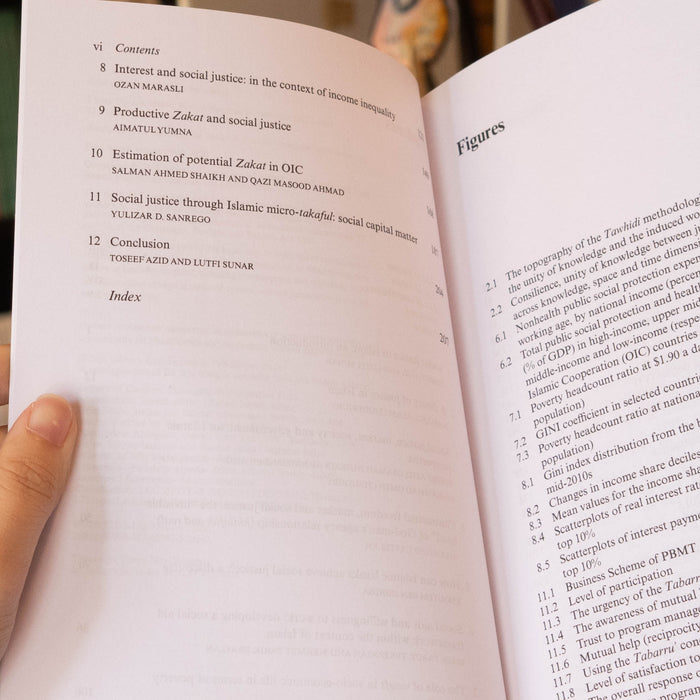
Social Justice and Islamic Economics
Toseef Azid, Lutfi Sunar
Paperback
9780367660475
Theory, Issues and Practice
Under the rule of the current economic order, social injustice is ever-increasing. Issues such as poverty, inhumane working conditions, inadequate wages, social insecurity and an unhealthy labor market continue to persist. Many states are also unable to produce policies capable of resolving these problems. The characteristics of the capitalist system currently render it unable to provide social justice. In fact, on the contrary, the system reinforces these injustices and prevents economic and social welfare from reaching the masses. Many Muslim scholars have analyzed and, indeed, criticized this system for years.
This book argues that an alternative and more equitable theoretical and practical economical order can been developed within the framework of Islamic principles. On the other hand, the experiences of societies under the rule of Muslim governments do not always seem to hold great promise for an alternative understanding of social justice. In addition, the behaviors of Muslim individuals within their economic lives are mostly shaped by the necessities of daily economic conditions rather than by the tenets of Islam that stand with social justice. Until 1990s, studies of Islamic economics made connections between finance and the notion of social justice, but work conducted more recently has neglected this issue.
It is therefore evident that the topic of social justice needs to be revisited in a more in-depth manner. Filling an important gap in existing literature, the book uniquely connects social justice and Islamic finance and economics on this topic. Theory, practice and key issues are presented simultaneously throughout this book, which is based on the writings of a number of eminent scholars.
Contents
1 Social Justice in Islam: An Introduction
2 A theory of justice in Islam
3 Social justice, market, society and government: an Islamic perspective
4 Contractual freedom, market economy and social justice in Islam: the "invisible hand" of God-man’s agency relationship (Khilafah)
5 How can Islamic banks achieve social justice?
6 How social aids affect people’s willingness to work: developing a social aid framework within the context of Islam
7 The role of waqf in socio-economic life in terms of poverty alleviation
8 Interest and social justice: the impact of real interest rate on income inequality
9 Productive zakat as a mechanism of social justice in Indonesia
10 Potential zakat collectible in OIC countries and poverty gap
11 Pursuing social justice through Islamic micro-takaful in the informal economy: social capital matter




